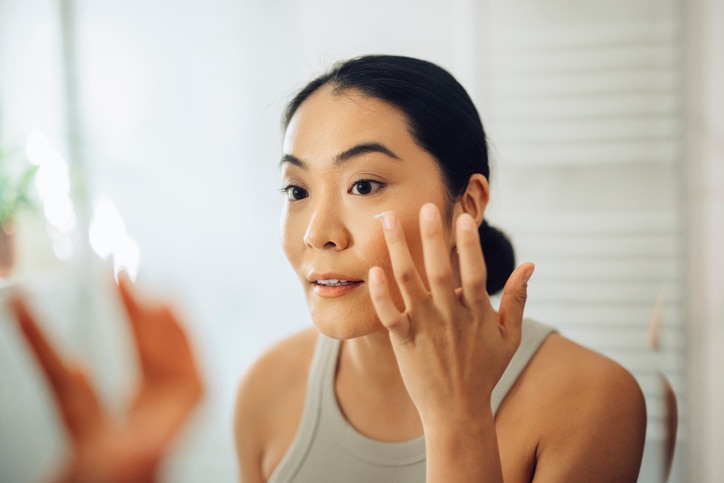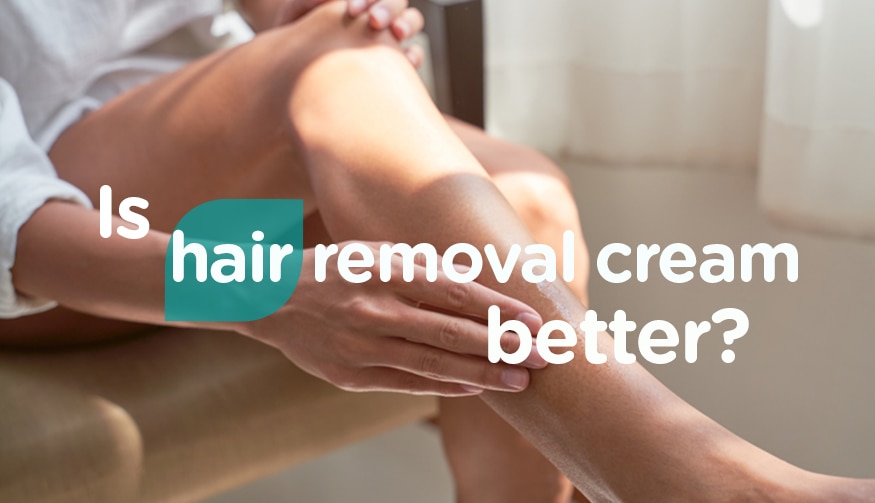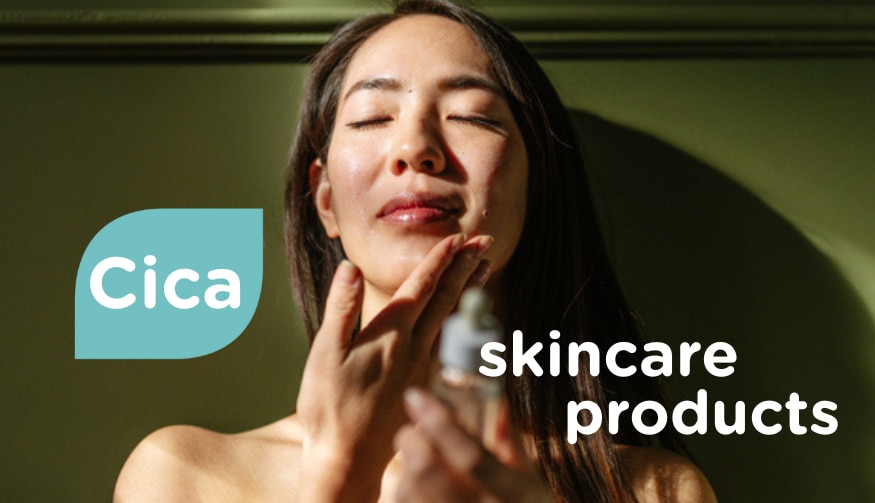Rosacea is a common condition where the skin flushes more easily, resulting in redness, sensitivity, and uneven texture. If you have rosacea, it can be hard to create a skincare routine and that requires a lot of careful maintenance. In this article, we explain how to craft a safe and effective skincare routine for those with rosacea.
Step 1: Beginning with a gentle cleanser
A good cleanser can help repair the moisture barrier. Look for gentle, soothing and hydrating ingredients like glycerin, ceramides, and prebiotics, and avoid aggressive exfoliants or active ingredients such as AHAs, BHAs and retinols. Anyone with rosacea should also avoid soap-based cleansers as they are too harsh for the skin.
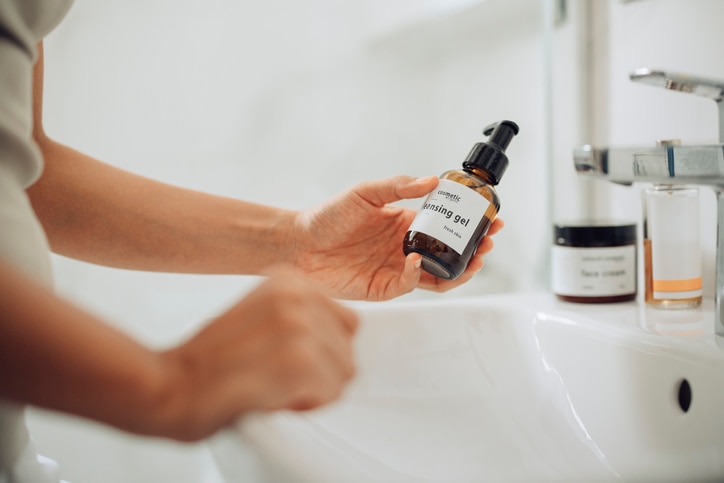
Step 2: Followed by a lightweight moisturizer
The right moisturizer can help calm irritation and reduce redness while repairing skin barrier. It is recommended to use moisturizers with hyaluronic acid, green tea, and niacinamide a.k.a. vitamin B3. Be sure you avoid strong active ingredients (such as AHAs, BHAs), as well as known irritants like alcohol, peppermint or eucalyptus oil, witch hazel, or fragrance. Fragrance-free formulas are ideal, as they’re less likely to cause a reaction.
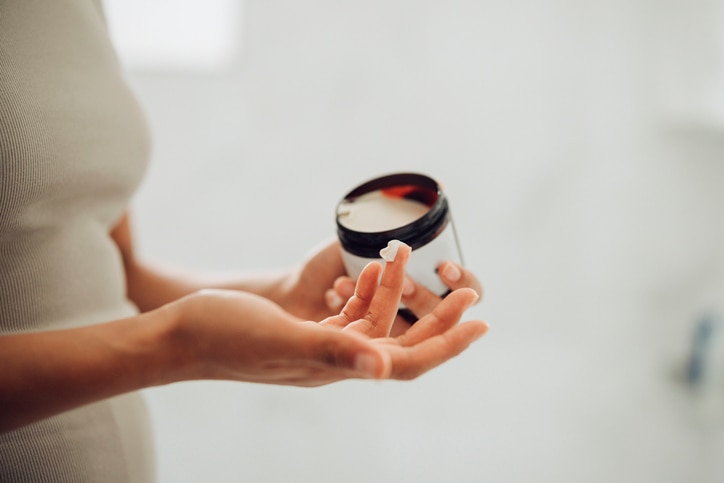
Step 3: Finish off with a SPF in the morning
According to a survey from the National Rosacea Society (US), sun exposure is the number one trigger for rosacea. Wearing a sunscreen with a minimum of SPF 30 all day, every day, is one of the best ways to protect your skin against sun damage as well as potential triggers for a rosacea flare-up. But you have to be smart about which sunscreen you use. It’s important to find a sunscreen with sufficient UV protection and rosacea-friendly ingredient, and free from potential ingredient triggers like fragrance, essential oils, and oxybenzone.
